Aligned political approach, good-neighborliness, gas exchange, countering terrorism, fighting against smuggling, and, expelling the US from the region are the common ground strengthening the bond between Iran and Pakistan.
What typifies Iran and Pakistan is a history of cordial relationship based on the commonality of religion, culture, society, traditions, interests, and proximity.
The two neighbors have close cultural and religious ties, with tens of thousands of Muslim people from Pakistan going to Iran every year on pilgrimage.
In late April, thousands gathered near Pakistan's capital Islamabad to express solidarity with Palestinians, in the latest show of support for the people of Gaza.
Aside from women and children, a number of lawmakers and visiting businessmen from Lebanon, Iran, Saudi Arabia, and Russia converged in Blue World City, a high-end neighborhood on the outskirts of Islamabad.
The event included a symbolic laying of the foundation stone for a replica of Al-Aqsa Mosque and Al-Aqsa Museum, serving as a poignant reminder of the ongoing struggle in Palestine.
Iran and Pakistan enjoy a common political stance on the Palestinian cause, particularly regarding the ongoing genocidal war in the Gaza Strip.
The high-profile officials of the two countries regularly pay state visits to the respective capitals to enhance fraternal bond further.
Iranian President Ebrahim Raeisi visited Pakistan in late April as part of his neighborhood policy to further strengthen bilateral ties and enhance cooperation in diverse fields including trade, connectivity, energy, agriculture, and people-to-people contacts.
Raeisi, in his state visit, said that Iran and Pakistan have “inseparable” bonds and are resolved to bolster their relations on all levels.

By all indications, the diplomatic dash was highly significant which besides creating stability and security, realized new paths for economic, cultural, and political cooperation.
The Pakistani prime minister, for his part, said during a meeting with Raeisi that Tehran and Islamabad have expressed their concern over Israel’s war in Gaza and asked the world to immediately put an end to the regime’s act of genocide in the strip.
Shehbaz Sharif added that an independent Palestinian country with al-Quds as its capital should be established.

The Iran-Pakistan gas pipeline, aka the Peace pipeline, is an under-construction 1,950-kilometre pipeline to deliver natural gas from Iran to Pakistan.
The project kicked off in 2013, but several deadlines have already been missed, with Islamabad citing the threat of US economic sanctions.
For Iran, securing this pipeline is not merely an economic imperative but a strategic necessity to diversify its energy exports.
Iran and Pakistan have decided to boost the level of their annual bilateral commercial exchange to as much as $10 billion after the two countries experienced a 38 percent growth in trade that reached more than $2 billion last year.
Relations between Iran and Pakistan are on an upward trajectory despite efforts by some third countries to undermine them.
The Foreign Ministry Spokesperson of Pakistan, Mumtaz Zahra Baloch, has stated that Pakistan and Iran have strengthened cooperation in their shared battle against terrorism.
During a press briefing in Islamabad, Zahra informed journalists that the two countries have improved anti-terror mechanisms in recent months, emphasizing their joint goal of eliminating terrorism from their borders.
She also highlighted the commitment of Pakistan and Iran to securing peace and safety along their shared borders and enhancing development in border regions.
Reported by Tohid Mahmoudpour


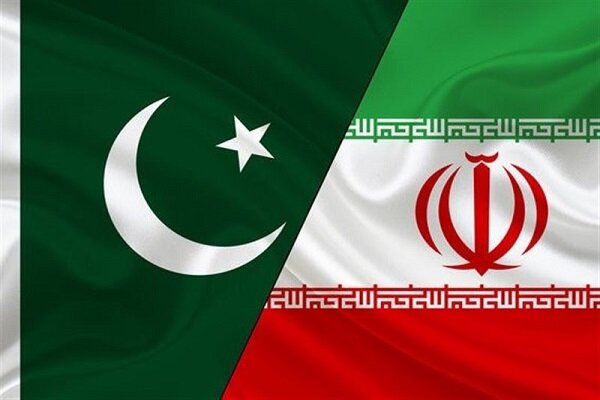




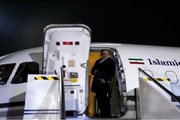

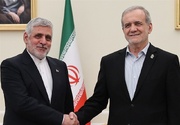













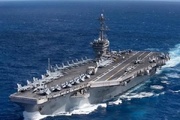
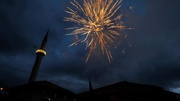
Your Comment